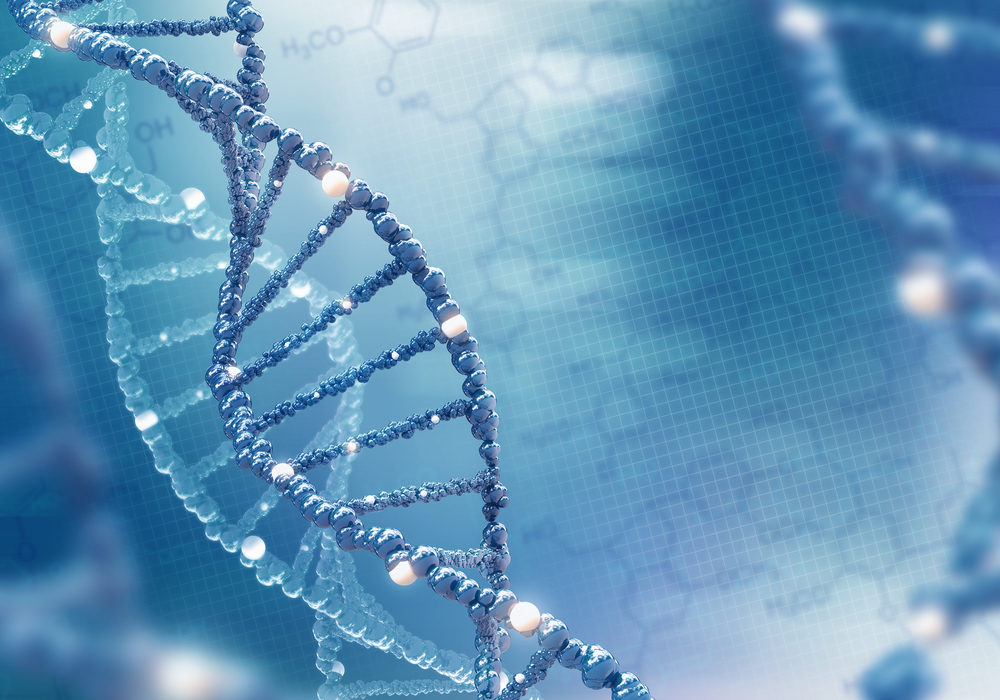Amicus Opens Center to Advance Gene Therapy Programs

Amicus Therapeutics has officially opened its Global Research and Gene Therapy Center of Excellence to advance the company’s gene therapy programs for rare diseases such as Angelman syndrome.
Located in Philadelphia, the 75,000-square-foot research facility consists of offices and state-of-the-art laboratories. An invitation-only ribbon event in early March marked the opening of the center, which will ultimately house about 200 scientists focused solely on gene therapies.
The center’s proximity to the University of Pennsylvania (Penn), which is across the street, will bolster collaboration with the school’s Gene Therapy Program.
“This is a remarkable advancement in the history of Amicus and further strengthens our great collaboration with Dr. Jim Wilson and the Gene Therapy Center at Penn,” said John F. Crowley, Amicus chairman and CEO, in a press release.
“With exclusive global rights to 50 rare diseases in collaboration with Dr. Wilson’s team, we hope to be able to alleviate an enormous amount of human suffering with the great science work that will be done in this new facility,” he added.
Last year, Amicus and Penn announced a major expansion of their gene therapy collaboration, which gives the company disease-specific global rights to Penn’s next-generation gene therapy technologies for most lysosomal disorders plus 12 rare diseases including Angelman, Rett syndrome, and certain muscular dystrophies.
The new center is in uCity Square, a 6.5-million-square-foot, mixed-use community consisting of retail, residential, clinical, office, and laboratory space, which is concentrated around a public square, surrounded by academic centers and hospitals. It’s also close to Amicus’ Cranbury, New Jersey, headquarters.
In its announcement last year, Amicus said it viewed Philadelphia — a hub for biotechnology and gene therapy research — as the ideal place to collaborate, advance its therapy pipeline, and recruit and retain top investigators.
Angelman syndrome is a complex neurological genetic disorder affecting about 1 in 15,000 individuals and causes physical and intellectual disabilities. Symptoms include communication problems, movement and coordination issues, and abnormal spine curvature.
The disorder is caused by a genetic defect that usually develops after conception when the UBE3A gene is missing or malfunctions.
Gene therapy for Angelman currently focuses on introducing a healthy copy of the UBE3A gene directly into the nerve cells using a harmless adeno-associated virus. Several gene therapy approaches are being studied for the syndrome’s treatment.






